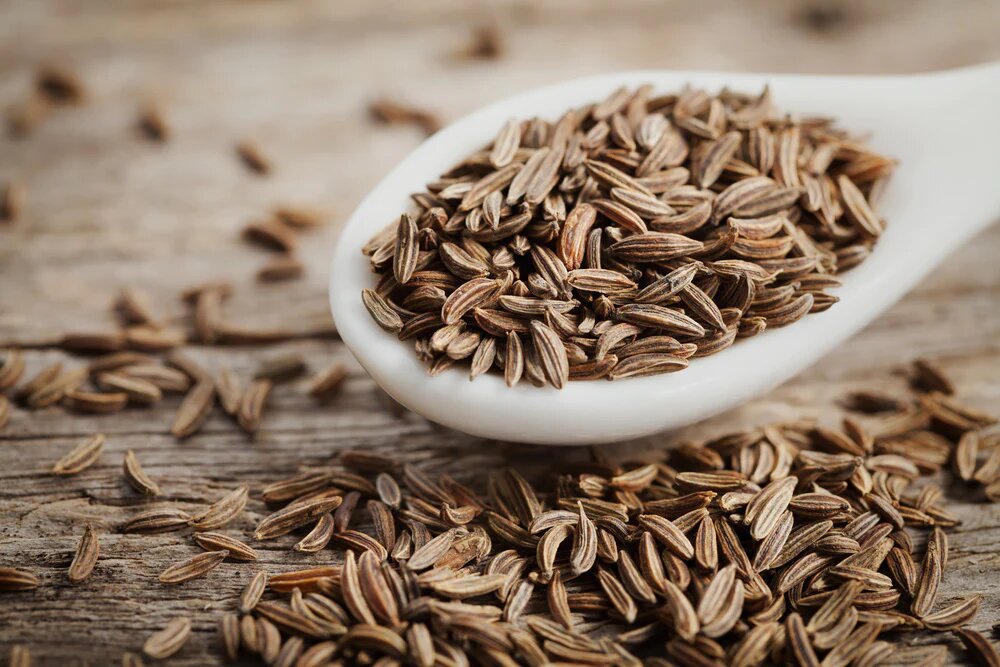Poppy seeds are tiny, round, and slate-blue seeds that are obtained from the opium poppy (Papaver somniferum) plant. They are commonly used as a spice and a condiment in various cuisines around the world, particularly in Indian, Middle Eastern, and European cooking.
Poppy seeds have a nutty flavor and a crunchy texture. They are often sprinkled on bread, cakes, and pastries, or added to sauces, dressings, and dips. In some cultures, they are also used to make a sweet filling for pastries, such as the popular Eastern European dessert called poppy seed roll.
Benefits of Poppy seeds
- Rich in nutrients and antioxidants
- May contain pain-relieving compounds
- May boost heart and skin health
- May aid digestion
- May safeguard against certain illnesses
- May enhance fertility
- Supports Digestive Health
- Promote Sleep
Side effects
While poppy seeds offer some potential health benefits, consuming them in large amounts or in certain situations can have negative side effects. Here are some of the potential side effects of poppy seeds:
- Positive Drug Test: Poppy seeds can contain trace amounts of opium alkaloids, which can show up in drug tests and cause false positives. This is because the same plant that produces poppy seeds also produces opium, which is used to make drugs such as morphine and heroin.
- Respiratory Depression: Poppy seeds contain morphine, which can cause respiratory depression when consumed in large amounts. This can lead to breathing difficulties, especially in people with pre-existing respiratory conditions.
- Allergic Reactions: Some people may be allergic to poppy seeds and experience symptoms such as hives, itching, swelling, and difficulty breathing.
- Interactions with Medications: Poppy seeds can interact with certain medications, including painkillers, sedatives, and antidepressants. They can also interact with some herbal supplements and natural remedies.
- Digestive Issues: Eating large amounts of poppy seeds can cause digestive issues such as nausea, vomiting, and diarrhea.



